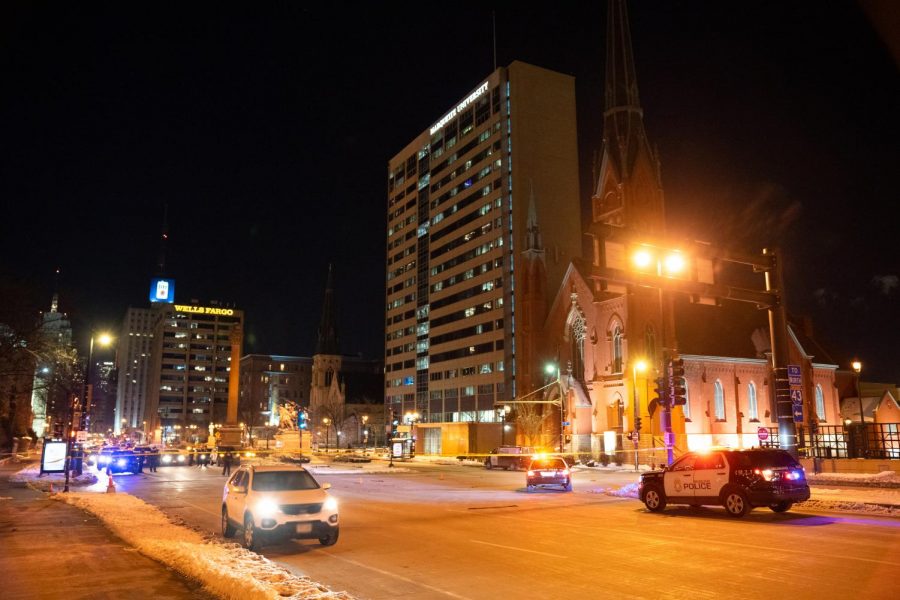If the rumors are true, Cobeen Hall and every sorority house on campus are among the largest brothels in Milwaukee.
Students are frequently told that city ordinances classify any apartment or house with more than six unrelated female residents as a brothel. Likewise, a residence with more than six men is labeled as a casino or gambling hall.
Thankfully, those rumors are false.
At least, there is no evidence that city laws like these ever existed, and multiple legal experts refer to the claim as “bogus.”
“It may have existed at one point, but I can’t recall ever running into anything along these lines during my career,” said William Stuart, a local lawyer specializing in real estate litigation.
Although Stuart added that he has never heard of the rumors, it’s clear it’s an urban legend that circulated around college campuses for years.
Other college publications including The Cornell Sun, Boston College Heights and Tulane Hullabaloo have researched the existence of brothel laws in the area surrounding campus. Each publication reports not finding any laws or city ordinances stating the existence of a brothel law.
Popular urban legend site Snopes.com also refutes this rumor. The site says the belief has been recorded since the 1960s and is likely a great deal older than that. It suggests it has roots in old Puritan “blue laws,” a strict set of rules created by early settlers of 17th century Connecticut to regulate moral behavior in their communities.
These heavily punitive laws punished citizens for lying, swearing, drinking and playing games. But those laws have long been dead.
Another possible origin comes from the days when developing chapter houses for sororities became popular in the mid-1900s. Universities and Greek organizations could explain their lack of chapter houses by citing rumored municipal laws that limit the number of tenants per residence.
But if those laws were real, they have yet to be located in the City of Milwaukee’s Code of Ordinances.
And that comes as a relief for campus sororities.
“Women were becoming more independent and gaining strength in their organizations, so there was some backlash,” said Jennifer Leahy, president of Marquette’s Panhellenic Assocation and a senior in the College of Arts & Sciences.
“Do I think this is representative of Greek stereotypes? At Marquette, absolutely not,” she said. “I think Marquette Greek Life has broken the stigma of sorority girls being viewed in that negative light.”




